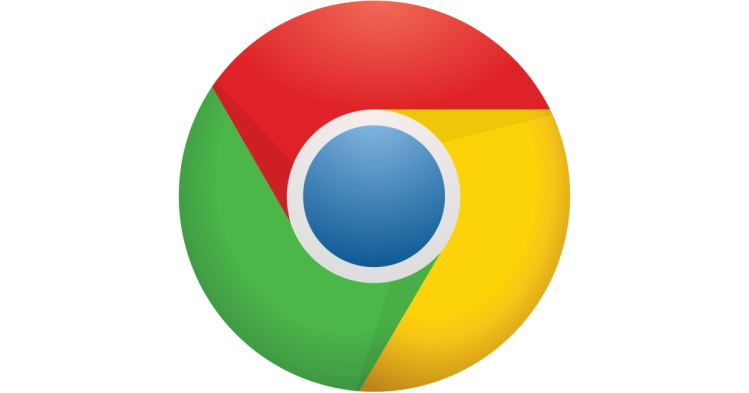testsetset
Next year is going to be big for Chrome, if you believe everything Google has announced so far: going to war against low-quality ads, autoplaying content with sound, and unwanted redirects. The company today added a smaller, but still significant, initiative to its to-do list: reducing Chrome crashes caused by third-party software on Windows.
Google notes that roughly two-thirds of Windows Chrome users “have other applications on their machines that interact with Chrome, such as accessibility or antivirus software.” Before Chrome got extensions, third-party software needed to inject code in Chrome to function properly. Because Chrome users with software that injects code are 15 percent more likely to experience crashes, Google is now planning to block third-party code injection on Windows starting next year.

Blocking code injection will take place in three phases — here is Google’s timeline for this Chrome for Windows project:
June 5th: The AI Audit in NYC
Join us next week in NYC to engage with top executive leaders, delving into strategies for auditing AI models to ensure fairness, optimal performance, and ethical compliance across diverse organizations. Secure your attendance for this exclusive invite-only event.
- April 2018: Chrome 66 will begin showing affected users a warning after a crash, alerting them that other software is injecting code into Chrome and guiding them to update or remove that software (pictured above).
- July 2018: Chrome 68 will begin blocking third-party software from injecting code into Chrome processes on Windows. If this blocking prevents Chrome from starting, the browser will restart and allow the injection, but also show a warning that guides the user to remove the software.
- January 2019: Chrome 72 will remove this accommodation and block code injections full stop.
There are, however, some exceptions for the last point — not all third-party solutions will be blocked. Google promises that Microsoft-signed code, accessibility software, and IME software will not be affected.
If you develop Windows software that works with Chrome, Google is encouraging you to switch Chrome channels and test your code. The company specifically mentioned the Beta channel, but it’s likely these changes will first show up in the Dev or Canary channels even sooner.

